Free admission
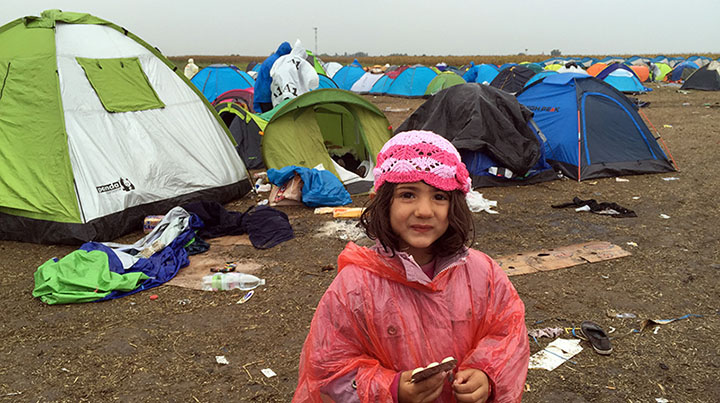
Since 2011 when the humanitarian crisis in Syria began, several million people have been forced to flee from their homes, many of whom are children and minors. Along the way, many experience physical harm, become separated from their family members, and have their childhoods violently taken away; yet every time, they find the strength to stand up once again to continue their journey to safety. From their flight from Syria and life in refugee camps in the Middle East, through to their arrival into the ‘promised land’ of Europe, “Born in Syria” follows seven young children in their long and emotional journey to where they see hope.
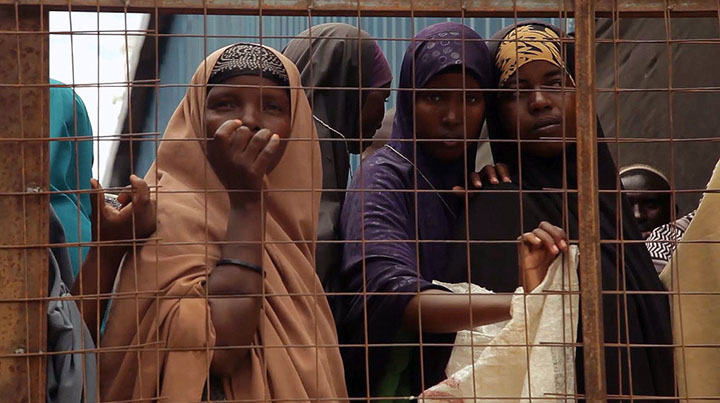
Dadaab refugee camp in Kenya is one of the world’s largest refugee camps hosting Somali refugees facing protracted displacement. Many study or work, and have aspirations and hopes for the future just like everyone else; however, they spend decades inside the camp, dreaming to be resettled. Warehoused sheds light on the history, and the seemingly insurmountable challenges facing refugees across the globe through an intimate glimpse into daily life at the camp, through the eyes of refugees themselves, aid workers, scholars, and those who have migrated to Africa.
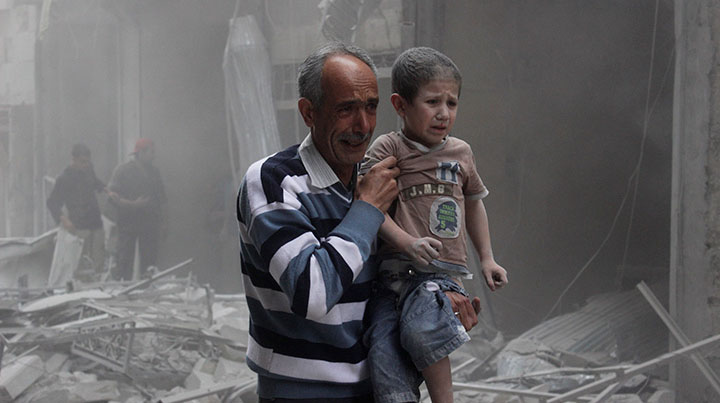
“Cries from Syria” is a searing, comprehensive account of a brutal five-year conflict from the inside out, drawing on hundreds of hours of war footage from Syrian activists and citizen journalists, as well as testimony from child protestors, leaders of the revolution, human rights defenders, ordinary citizens, and high-ranking army generals who defected from the government. Their collective stories are a cry for attention and help from a world that understands little of their reality nor agrees on what to do about it.
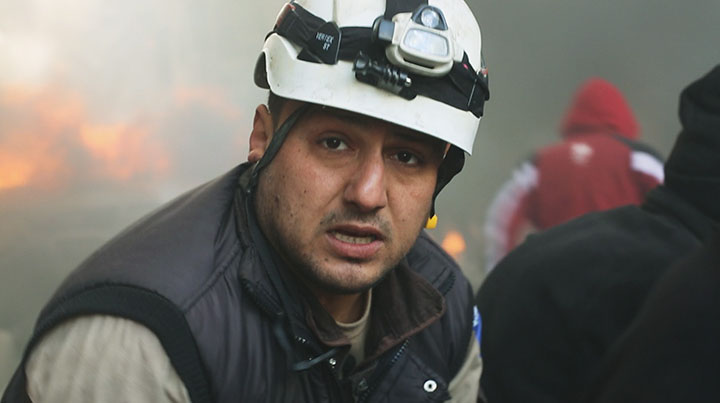
Today, the Syrian city of Aleppo is a city where bombs rain down, day and night. The “White Helmets”, Aleppo’s first responders, rush toward the bombed areas to search through collapsed buildings for the living and dead, while others run away. Although determined to remain in Aleppo to save the lives of innocent people, they too have families who they must protect. Constantly faced with the dilemma of whether to stay and dedicate themselves to those they vowed to help, or to leave the city in ruins and protect their families, Last Men in Aleppo bears testament to mankind’s capacity for unspeakable atrocity, and an ode to courage and compassion.
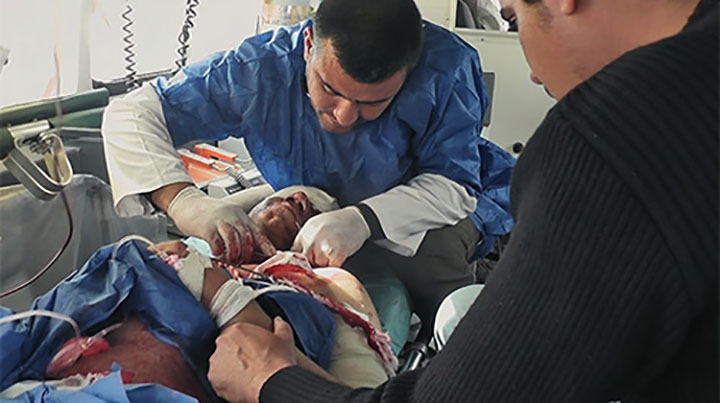
After the U.S. troops withdrew from Iraq in 2011, a male nurse named Nori Sharif was asked to report on the state of his country. Over the course of five years, he worked in the local hospital in Jalawla where he filmed victims of war in the “Triangle of Death”, one of the most dangerous and inaccessible regions of Iraq. Sharif continues to film despite increasing dangers, until 2014 when ISIS advances on Jalawla, finally taking over the city. The hospital is no longer a safe place. He too must flee at a moment’s notice, to bring himself and his family to safety.
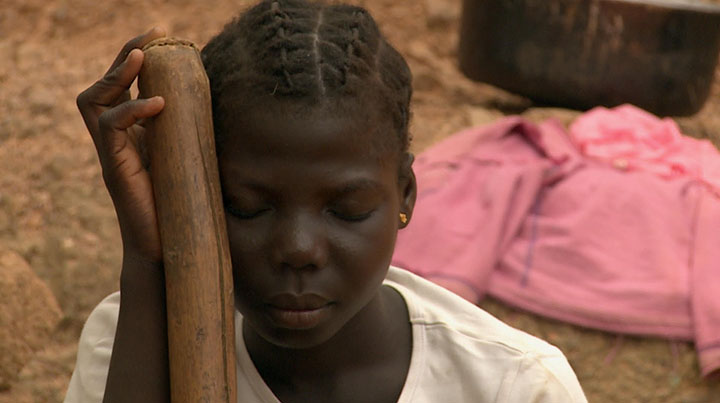
It all started with a school exercise book. Its pages were checkered with the testimonies of 300 Central African women, girls and men; a woman raising a baby she had conceived as a result of sexual violence; a young girl with a permanent disability from being shot in her knee; and while attempting to make the best of their difficult daily lives, the next war breaks out. Filmed over seven years, the film bears witness to the physical and psychological scars people must live with, and the collapse of order and civilization in a country torn apart by civil war and coup d’états.
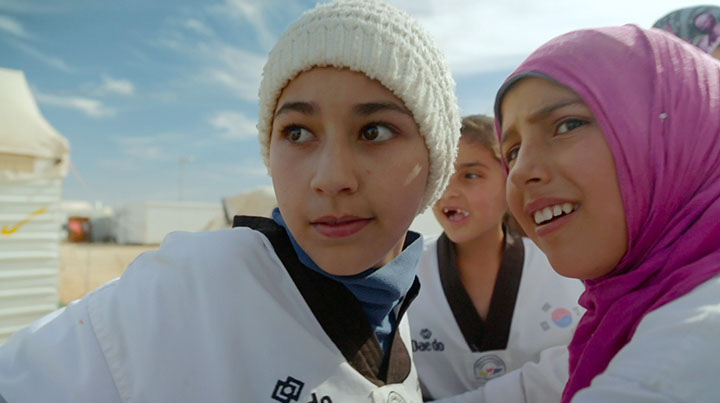
With the Syrian conflict now in its seventh year, millions of people continue to be displaced. “After Spring” follows life in Zaatari refugee camp – the largest refugee camp of Syrian refugees – from the eyes of refugee families aid workers and volunteers; a man who owns a small bakery, families celebrating their child’s birth, and aid workers teaching taekwondo to refugee children and youths… With no end in sight for the conflict nor for this refugee crisis, people are faced with the tough reality of having to rebuild their lives in a place that was never meant to be permanent.